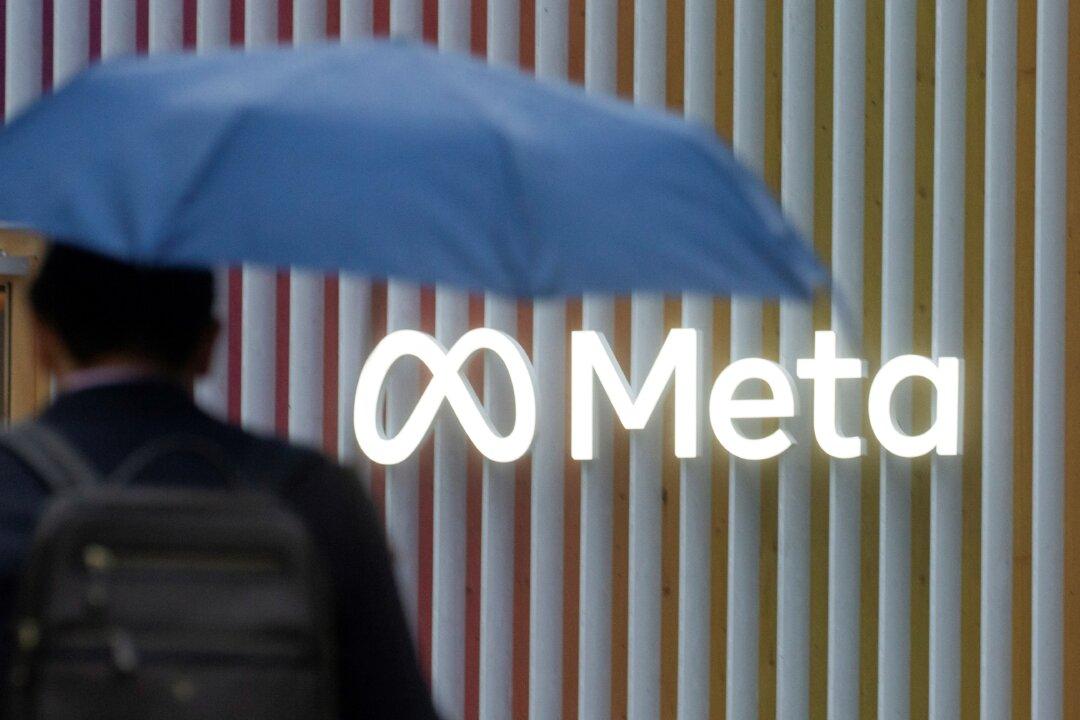Meta has updated its approach to handling manipulated media, requiring labels for artificial intelligence (AI)-generated content and only removing AI content that violates its policies, the company said on Friday.
The tech giant said it will start labeling video, audio, and image content as “Made with AI” when it detects industry-standard AI image indicators or when users disclose that they are uploading AI-generated content.





